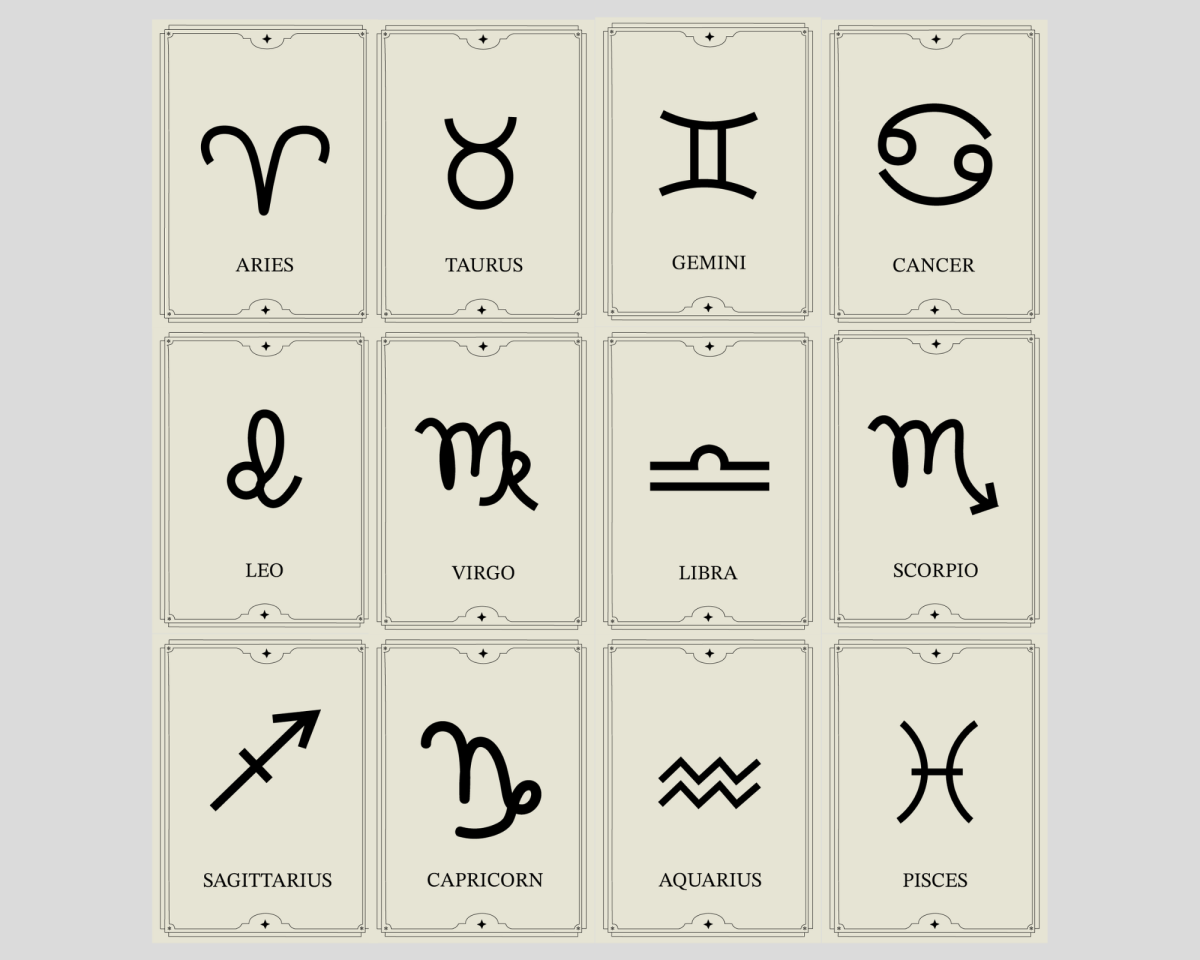Written By Ryan Manesh
Music has a large influence on the world, but a lot of the time the music isn’t the only thing that influences listeners: the artists themselves do as well. Artists have grown to be role models for many of their listeners. Many people, however, tend to believe that this influence is harmful when it comes from artists who have been convicted of crimes. Some listeners are even pressured to shy away from these artists and are shamed for listening to their music. People, however, should not feel morally obliged to stop listening to music they enjoy just because of the artist’s actions or history. Listeners should separate the artist from their work and appreciate their music purely for what it is: a form of art and expression.
Many artists who have been convicted of crimes in the past have redeemed themselves by recognizing their mistakes and striving to benefit the community. Some artists grew up in an area where gang behavior was prominent, and didn’t have much of a choice other than to involve themselves in these gang-related activities. Now, some of these artists have turned away from their old life and made philanthropic efforts. For example, Tupac Shakur grew up in crime ridden Oakland, Calif. and served a prison sentence for sexual-assault charges in 1995. However, according to Rolling Stone, Tupac established a foundation in 1994 to work to keep young people out of jail and to reduce “black on black” crime. Another institution founded by a convicted artist is the Shawn Carter Foundation, established by hip-hop artist Jay-Z. This foundation’s goal was to provide scholarship opportunities for disadvantaged youth and communities. The foundation was successful and has paid out nearly three million dollars in scholarship funds, study abroad opportunities, counseling programs and college visits. Tupac and Jay-Z’s stories are examples of people who have changed their lives despite their upbringing and have helped thousands of others. It would be unfair for listeners to boycott these artists’ music simply because of actions in their past that were in part due to their difficult circumstances.
There have been, however, many rappers with criminal backgrounds who have not redeemed themselves. This still shouldn’t discourage people from listening to their music. There are many situations in which people support brands even though they are aware of the brands’ misdoing. For example, the technology giant Apple, had a huge controversy in 2010 after the harsh working conditions of their manufacturing workers were brought to light. It was revealed that workers lacked equipment and often worked 12-hour shifts for just over two dollars an hour. Yet the company is still one of the most popular in the world and maintains a huge number of supporters. If people can turn their heads to the actions of companies and brands, they should have the right to do the same for music artists.
Music is a creative output and should be appreciated because of its musical and lyrical beauty, regardless of the artist. An artist who is a good example of someone whose music gets attention despite his harsh history is singer Chris Brown. Brown has had multiple domestic abuse charges brought against him since 2009, including one brought by singer Rihanna. Yet the singer’s career has not plummeted due to the fun, upbeat, mainstream songs he releases. When the artist released his song “5 More Hours” in 2015, the song still managed to exceed 370 million plays on Spotify alone and had another 225 million views on the video on YouTube. The millions of people who listened to Chris Brown’s song didn’t listen because they respected his character and the horrible way he treated women—they appreciated Brown’s music for the catchiness and the playful beat, which is what all listeners should have the right to do when they listen to music.
In the end, artists’ work should not be shunned based on their personal actions. Many have redeemed the crimes they have committed; even if they haven’t, their character and personality should not be tied to their music. Listeners should listen to artists based on the quality of the music and not the quality of the artist.












